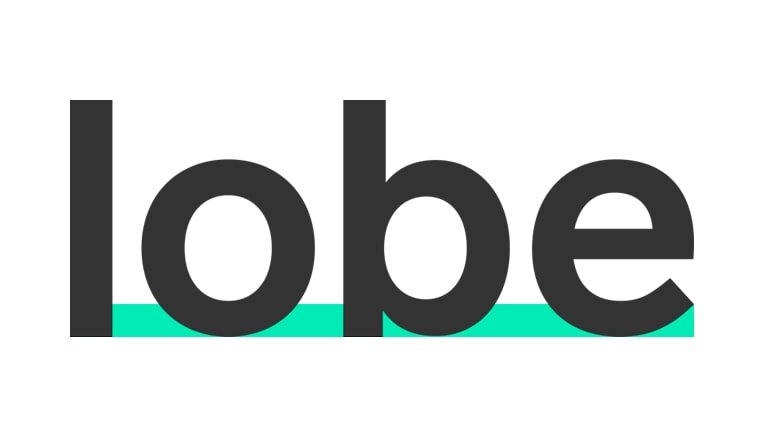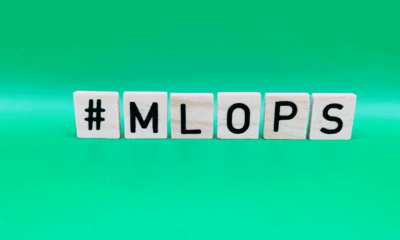
The multinational technology giant Microsoft just took another step towards being a leading force in the ever-expanding field of artificial intelligence. The corporation announced that it acquired the AI firm Lobe, for an undisclosed amount.
Lobe is an easy-to-use visual tool that can be used to create custom deep learning models, a type of machine learning method based on data representation. Lobe lets you quickly train your models and then export them so you can run them in your app on both iOS and Android. All of this is done without having to code anything.
Some of the features that the Lobe user interface allows developers to put in their apps include hand and face tracking, identification of plants, generating photorealistic rose petals, identifying different styles of architecture, tracking household water usage, selecting configurations for musical instruments, brewing perfect cups of coffee, putting drones on autopilot, reactions to a person’s movement, controlling music visualizations, and turning facial expressions into emojis.
Lobe was started in 2015 by Mike Matas, Adam Menges, and Markus Beissinger. The aim of the company was to make deep learning understandable and accessible all, without having to deeply learn technological skills. As a part of Microsoft, Lobe will be able to use the AI research, infrastructure, and experience of Microsoft to continue expanding and developing. Lube will also go on as a standalone service, dedicated to open source standards and support for multiple platforms.
Kevin Scott, Chief Technology Officer of Microsoft, stated at the acquisition, “In many ways though, we’re only just beginning to tap into the full potential AI can provide. This in large part is because AI development and building deep learning models are slow and complex processes even for experienced data scientists and developers. To date, many people have been at a disadvantage when it comes to accessing AI, and we’re committed to changing that.”
Microsoft has been increasingly moving into the AI field. In July of this year, the company expanded the Microsoft 365 suite of products with AI capabilities allowing the creation of live and on-demand events with high-definition video, interactive discussion, a speaker timeline, speech-to-text transcription, and closed captions. In May, Microsoft acquired Semantic Machines, a developer of conversational AI with people who have worked on Apple’s Siri and Google Now. for an undisclosed amount. In July, Microsoft acquired Bonsai, a company developing a deep reinforcement learning platform for artificial intelligence that aims to build AI into complex and dynamic systems.








